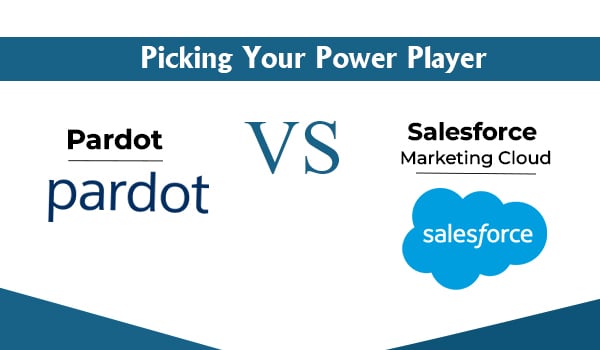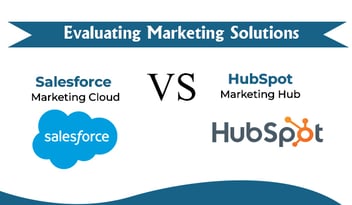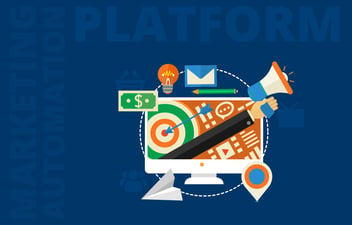As businesses seek to amplify their marketing efforts, automation platforms like Salesforce Marketing Cloud and Pardot are at the forefront, offering sophisticated tools for customer engagement, analytics, and campaign management. Both are owned by Salesforce but are designed for different purposes and cater to different types of businesses. Let's dissect the key differences:
1. Target Audience: Pardot is a B2B marketing automation tool, geared towards helping companies generate leads, nurture them and streamline their sales cycle. Salesforce Marketing Cloud, on the other hand, is more B2C oriented, designed to manage and maintain customer journeys on a large scale.
2. Email Marketing: Both platforms offer robust email marketing features, but their functionalities differ. Pardot excels in nurturing leads through automated email campaigns and personalized email sequences. Salesforce Marketing Cloud, meanwhile, focuses on delivering highly personalized and relevant customer experiences at scale, with advanced segmentation capabilities.
3. Customer Journey Management: Salesforce Marketing Cloud shines with its Journey Builder, allowing businesses to map out customer journeys across multiple touchpoints. Pardot, while it offers customer journey features, is more focused on lead management and nurturing.
4. Social Media Integration: Salesforce Marketing Cloud offers Social Studio, a comprehensive tool that allows for social listening, content publishing, and customer engagement across various social platforms. Pardot also provides social posting and profiling features but doesn't offer the same depth as Marketing Cloud in terms of social media management.
5. Sales Integration: Pardot provides deeper integration with Salesforce's Sales Cloud, offering capabilities such as lead scoring and grading, and seamless transition of qualified leads to the sales team. Salesforce Marketing Cloud, though integrated with Sales Cloud, is more focused on customer engagement across the lifecycle, including post-sale.
6. AI Capabilities: Salesforce Marketing Cloud benefits from Einstein AI, providing predictive analytics and insights, and aiding in smarter decision-making. Pardot, too, leverages Einstein, but its application is more focused on lead scoring and analytics.
7. Pricing: Pardot is generally less expensive than Salesforce Marketing Cloud, making it a more accessible option for small to medium-sized businesses or those new to marketing automation. However, Salesforce Marketing Cloud, with its broad range of capabilities, offers different packages that can be customized to fit larger or more complex marketing needs.
Deciding between Salesforce Marketing Cloud and Pardot boils down to your business's specific needs, size, and the nature of your operations (B2B vs. B2C). In many cases, businesses may even find value in using both tools in concert. Having a knowledgeable partner like CETDIGIT to guide you can be invaluable, ensuring you make a strategic choice that aligns with your marketing objectives and accelerates your business growth.
Picking Your Power Player: Salesforce Marketing Cloud vs. Pardot

Popular Post
- Nostalgia Marketing’s Power with Millennials & Gen Z
- Sales and Sales Development in 2024: Why AI is a Must-Have for Growth
- SaaS Founder's Bible: The Rise, Fall, and Future of SaaS (2020-2025)- Part 1: Navigating Market Shifts
- What is Salesforce CRM?
- CETDIGIT's Innovative Approach to Salesforce & HubSpot CRM Implementation
Subscribe
Similar Blogs

Salesforce Marketing Cloud vs. HubSpot Marketing Hub
Marketing automation platforms are the backbone of modern marketing operations, streamlining...
READ MORE
Why You Should Conduct Marketing With Pardot Marketing Automation
Introducing Pardot
Setting up and running a successful business is a huge challenge that has often...
READ MORE.jpg?width=352&name=Marketing%20Automation%20(1).jpg)
Best Fit: Top 10 Marketing Automation Platforms for Your Business
Marketing automation platforms have revolutionized the way businesses engage with their customers,...
READ MORE
Leave a Comment